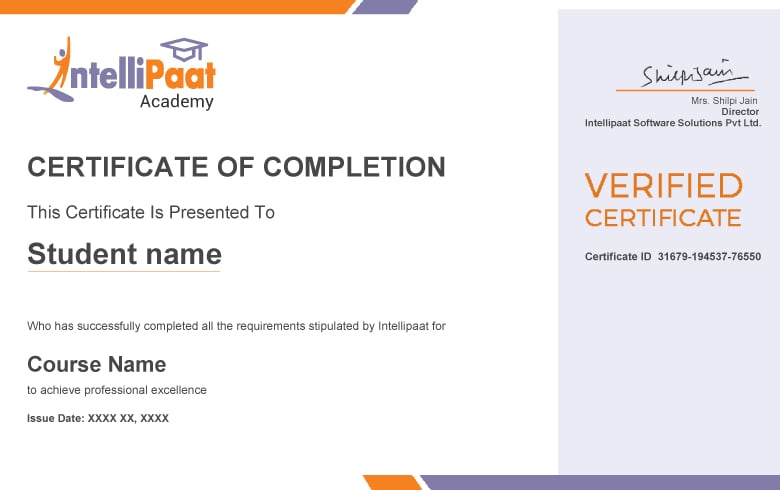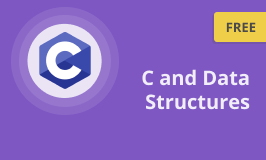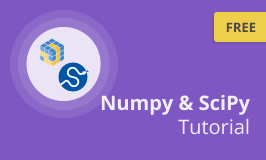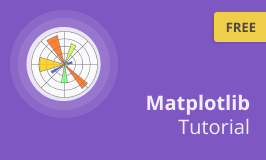Free Online Java Certification Course
This free self-paced course will help you build your fundamentals in Java
This self-paced Java course will help you develop a solid foundation and job-ready skills in Java development. You will acquire hands-on skills in Java programming, exception handling, JDBC, Java annotations, and more. This free Java course is designed for anyone interested in learning Java and pursuing a career as a Java Developer.

This course includes:
- 13 Hours of self paced learning
- Quizzes and Assignments
- Lifetime Access
- Enroll now and get certified






